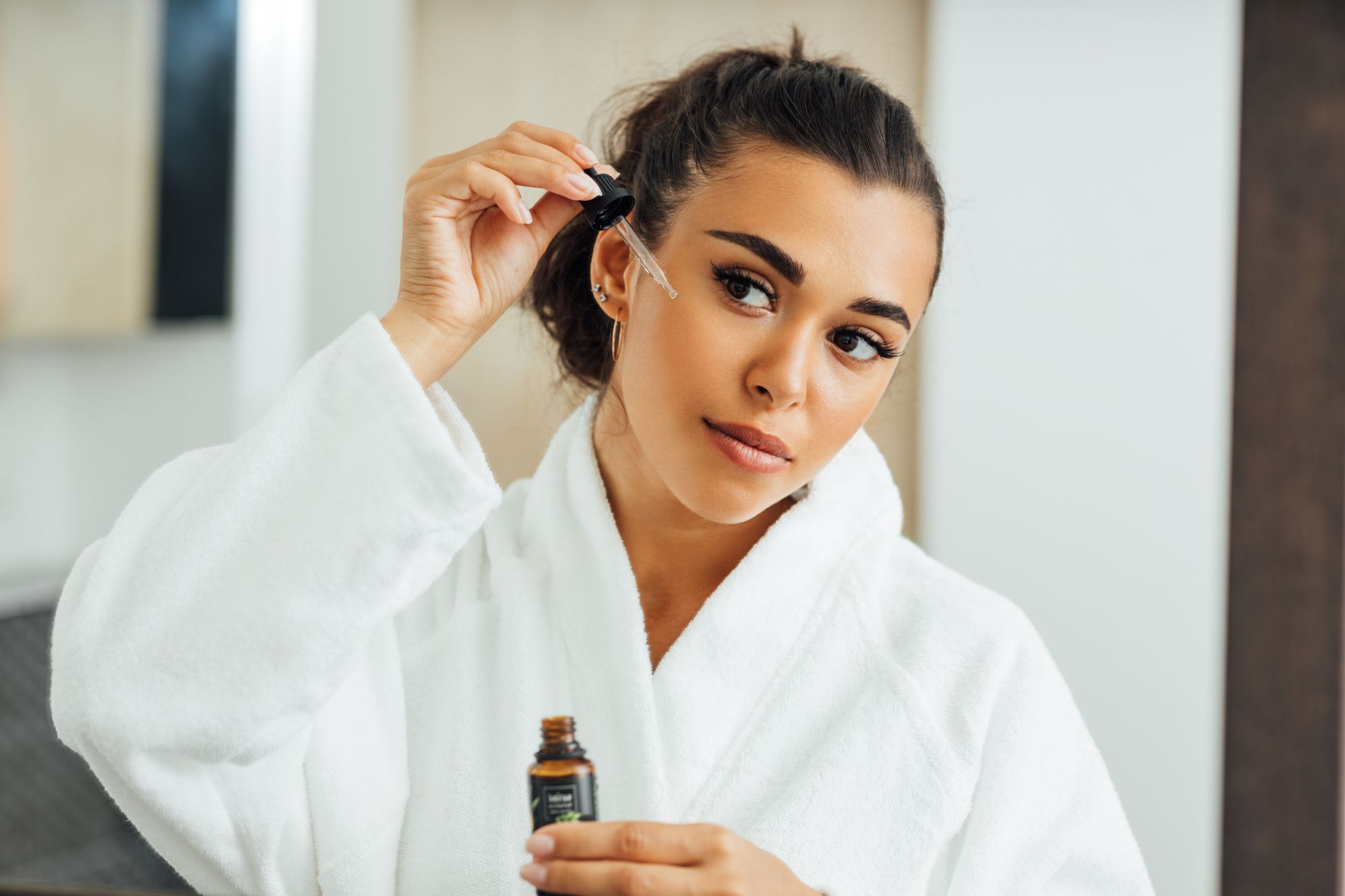Wrinkles, fine lines, hyperpigmentation—these skin issues and early signs of ageing can be caused by excessive exposure to blue light. And it is something rather unavoidable as we work from home. Read on to find out how to prevent this
Maintaining youthful skin has always been among the top goals of skincare enthusiasts. It requires time and effort as well as an ample amount of education on the steps to achieve skin. And it is clear that beauty brands everywhere are aware of this, with the plethora of anti-ageing products available in the market.
Just as we were beginning to return to the office, Singapore entered Phase 2 (Heightened Alert) and sent us back to our home offices. Once again, we are back to spending a huge amount of time in front of screens, thus increasing our exposure to blue light.
What exactly is blue light, you may ask? It is a wavelength primarily emitted by the sun and technological devices, such as phones, tablets, and laptops, renowned American skincare expert and dermatologist Dr Dennis Gross shared with Tatler Singapore.
It ranges from about 400-500 nm, meaning the wavelengths are shorter and run at a higher frequency than other light on the spectrum. It is detrimental to the skin as it can break down our collagen and contribute to premature skin ageing.
“For the most part, everyone is exposed to blue light on a daily basis. We are exposed to blue light while working on a desktop, watching television, walking outside, and so forth,” Dr Dennis Gross continued.
“That said, the amount of time you spend staring at a screen, for example, elevates your blue light exposure.”
If you’re guilty of this, read on to find out how you can minimise the effects of blue light on the skin, as we also share insights from local dermatologist Dr Stephanie Ho of Stephanie Ho Dermatology and the founders of local aesthetics group, Only Aesthetics, Adren and Jermaine How.

What are the effects of blue light on the skin?
Studies have shown that blue light can “induce oxidative stress in live skin”. This can contribute to premature skin ageing.
“Blue light (also referred to as High Energy Visible or HEV light) poses potential skin harm via free radical generation, as blue light has been shown in studies to induce oxidative stress in live skin. This can contribute to premature skin ageing,” said Adren and Jermaine How.
“As blue light has the ability to penetrate deeper into the skin as compared to both UVA and UVB light (blue light can penetrate all the way to our dermis, where collagen and elastin live), this means that too much blue light exposure can cause a loss in skin firmness and increase in visible lines.”
They also added that blue light could cause pigmentation, and this is potentially prevalent in those with darker skin tones.
Related: Collagen, Fish Oil and More: All About Supplements and Superfoods For Glowing Skin
So how and why does our skin’s collagen get affected over time due to blue light?
Dr Gross explained: “This is because uncontrolled, damaging blue light has an unstable charge and operates as a free radical. As a result, the blue light acts as a dart, damaging our collagen and causing early-onset signs of ageing.”
